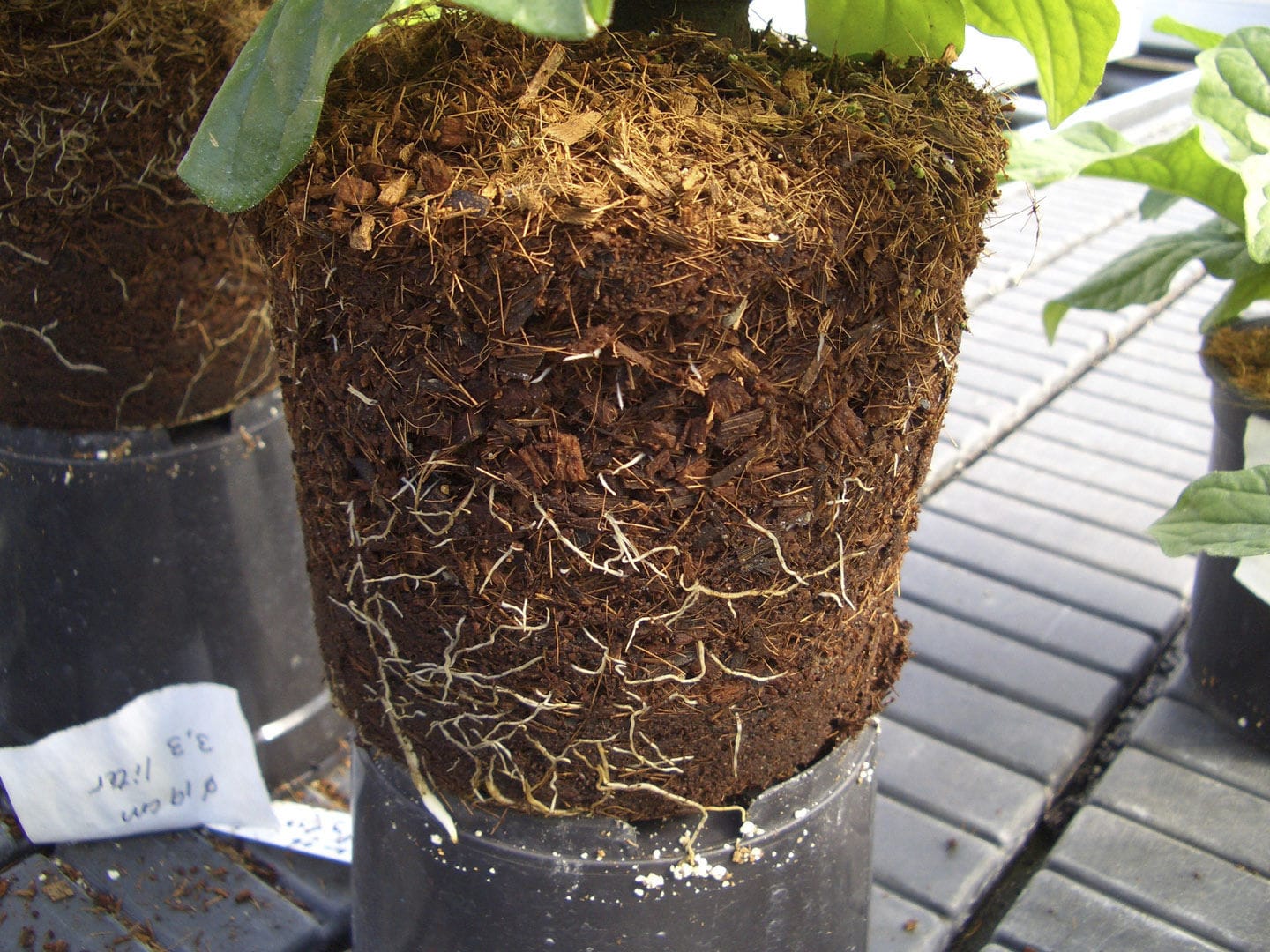Coconut fiber grow plant. Harnessing the Power of Coconut Fiber: A Comprehensive Guide to Growing Healthy Plants. In the world of gardening and horticulture, the quest for sustainable and effective growing mediums has led to the discovery of various innovative solutions. One such solution gaining prominence is the use of coconut fiber as a growth substrate for plants. This natural and renewable resource has proven to be a game-changer in promoting healthy plant growth while being environmentally friendly. In this comprehensive guide, we will delve into the properties of coconut fiber, its benefits for plant growth, and how you can harness its potential to cultivate thriving plants.
The Power of Coconut Fiber
1. Understanding Coconut Fiber
Coconut fiber, also known as coir, is derived from the husk of coconuts. This fibrous material, often discarded as waste, has become a valuable resource in agriculture. Coir is renowned for its water retention capabilities, aeration properties, and resistance to microbial decay. These qualities make it an ideal alternative to traditional growing mediums such as peat moss and soil.
2. The Benefits of Coconut Fiber for Plant Growth
A. Water Retention and Drainage
One of the standout features of coconut fiber is its exceptional water retention ability. Unlike traditional soil, coir retains moisture for a more extended period, ensuring that plants have a consistent water supply. Additionally, coir promotes excellent drainage, preventing waterlogged conditions that can lead to root rot and other diseases.
B. Aeration
Coconut fiber exhibits excellent aeration properties, creating a well-structured medium for root development. The fibrous structure of coir allows for optimal oxygen exchange, facilitating the intake of nutrients and promoting robust root systems. This enhanced aeration is particularly beneficial for plants that require well-aerated soil, such as orchids and succulents.
C. pH Neutrality
Coconut fiber is pH neutral, providing a stable and consistent environment for plant growth. Unlike some traditional growing mediums that may become acidic over time, coir maintains a neutral pH, offering a versatile substrate suitable for a wide range of plants. This neutrality contributes to the overall health and vigor of plants, promoting optimal nutrient uptake.
3. Utilizing Coconut Fiber in Plant Cultivation
A. Coconut Fiber as a Potting Mix
One of the most common applications of coconut fiber in plant cultivation is as a potting mix. Blending coir with other organic materials such as perlite, vermiculite, and compost, creates a well-balanced growing medium. This mix provides an ideal environment for various plants, from vegetables and herbs to ornamental flowers.
B. Hydroponic and Aquaponic Systems
Coconut fiber has found its place in hydroponic and aquaponic systems due to its excellent water retention and aeration properties. As a growing medium in these soilless systems, coir provides support for plants while allowing for efficient nutrient delivery. Its organic nature aligns well with the principles of sustainable and environmentally friendly growing practices.
C. Mulching with Coconut Fiber
Coir can also be used as a mulching material in gardens and landscapes. Applying a layer of coconut fiber mulch around plants helps regulate soil temperature, reduce weed growth, and conserve moisture. The slow decomposition of coir ensures a long-lasting mulching effect, benefiting the overall health of the garden.
4. How to Grow Plants with Coconut Fiber
A. Choosing the Right Coir
When selecting coconut fiber for plant cultivation, it’s crucial to opt for high-quality coir products. Look for products that are free from contaminants and have been properly processed to remove excess salts. This ensures a clean and healthy growing medium for your plants.
B. Preparing a Coir-Based Potting Mix
To create an effective potting mix using coconut fiber, combine coir with other components like perlite, vermiculite, and compost. Adjust the proportions based on the specific needs of your plants. The resulting mix should be well-draining, provide ample aeration, and support healthy root development.
C. Watering and Nutrient Management
Coconut fiber retains moisture well, but it’s essential to strike a balance to prevent overwatering. Monitor the moisture levels and adjust your watering frequency accordingly. Additionally, since coir is pH neutral, you may need to supplement nutrients based on your plants’ requirements. Regularly check and adjust the nutrient levels to ensure optimal growth.
D. Mulching Techniques
When using coconut fiber as mulch, apply a layer around the base of plants, leaving space around the stem to prevent moisture-related issues. Reapply mulch as needed, especially after heavy rainfall or as the coir begins to decompose. Mulching with coconut fiber promotes water conservation, suppresses weeds, and enhances the aesthetic appeal of your garden.
5. Challenges and Considerations
While coconut fiber offers numerous benefits for plant growth, it’s essential to be aware of potential challenges. Some coir products may contain high salt levels, requiring thorough rinsing before use. Additionally, the initial cost of coir-based products may be higher than traditional growing mediums, but the long-term benefits often outweigh the upfront investment.
Conclusion
In the ever-evolving landscape of gardening and agriculture, the use of coconut fiber as a growth substrate stands out as a sustainable and effective solution. Its water retention capabilities, aeration properties, and pH neutrality make it a versatile medium for a wide range of plants. By harnessing the power of coconut fiber, gardeners and cultivators can promote healthy plant growth while contributing to environmentally friendly and sustainable practices. Whether you are a novice gardener or a seasoned horticulturist, integrating coconut fiber into your plant cultivation practices can pave the way for a greener and more fruitful future. Experience the perfect blend of style and sustainability with Coco Shade, adding a touch of natural elegance to your space.

